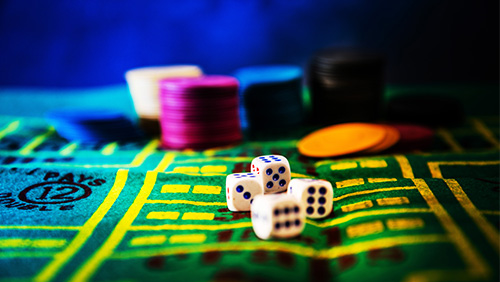The list of problem gamblers looking to be excluded from Macau casinos grew longer in the first half of 2018, according to the special administrative region’s Gaming Inspection and Coordination Bureau (DICJ).
 At least 233 people requested casino exclusion in the January to June 30, 2018 period, up 34.2 percent from 179 requests received in the same period last year. Of the 233 requests, the DICJ said that 33 were applied for by third parties, such as family members.
At least 233 people requested casino exclusion in the January to June 30, 2018 period, up 34.2 percent from 179 requests received in the same period last year. Of the 233 requests, the DICJ said that 33 were applied for by third parties, such as family members.
The number of requests for self-exclusion was also higher in the second quarter of 2018 than in Q1. Despite the increase, it’s fair to say that the figures still look miniscule compared with those who want to gamble in Macau casinos.
Last year, Macau welcomed 32.6 million visitors, the majority of whom spent their time playing games inside the city’s biggest casinos. The DICJ received at least 376 applications for exclusions in 2017.
The DICJ started accepting self-exclusion and third-party exclusion applications in 2012 after lawmakers passed a law that regulates the conditions of entering, working, and gaming at casinos. Anyone may apply for self-exclusion from all or some of the casinos in Macau. The maximum exclusion period for problem gamblers is two years, according to the regulator.
A spouse, parent, child, or close relative of a problem gambler may also file for self-exclusion on the gambler’s behalf, although “the person to be excluded must sign on the application form to confirm the exclusion.”
Once the DCIJ approves the application, the gambler will be banned from entering/staying at all/some Macau casinos during the exclusion period. Failure to comply with the self-exclusion is considered a crime of disobedience.
Violators may face fines ranging from MOP1,000 (US$123.80) to MOP10,000 ($1,200). Casino operators may be hit with a fine ranging from MOP10,000 ($1,238.05) to MOP500,000 ($61,902.50) for their failure to prevent self-excluded people from entering their gaming facilities.